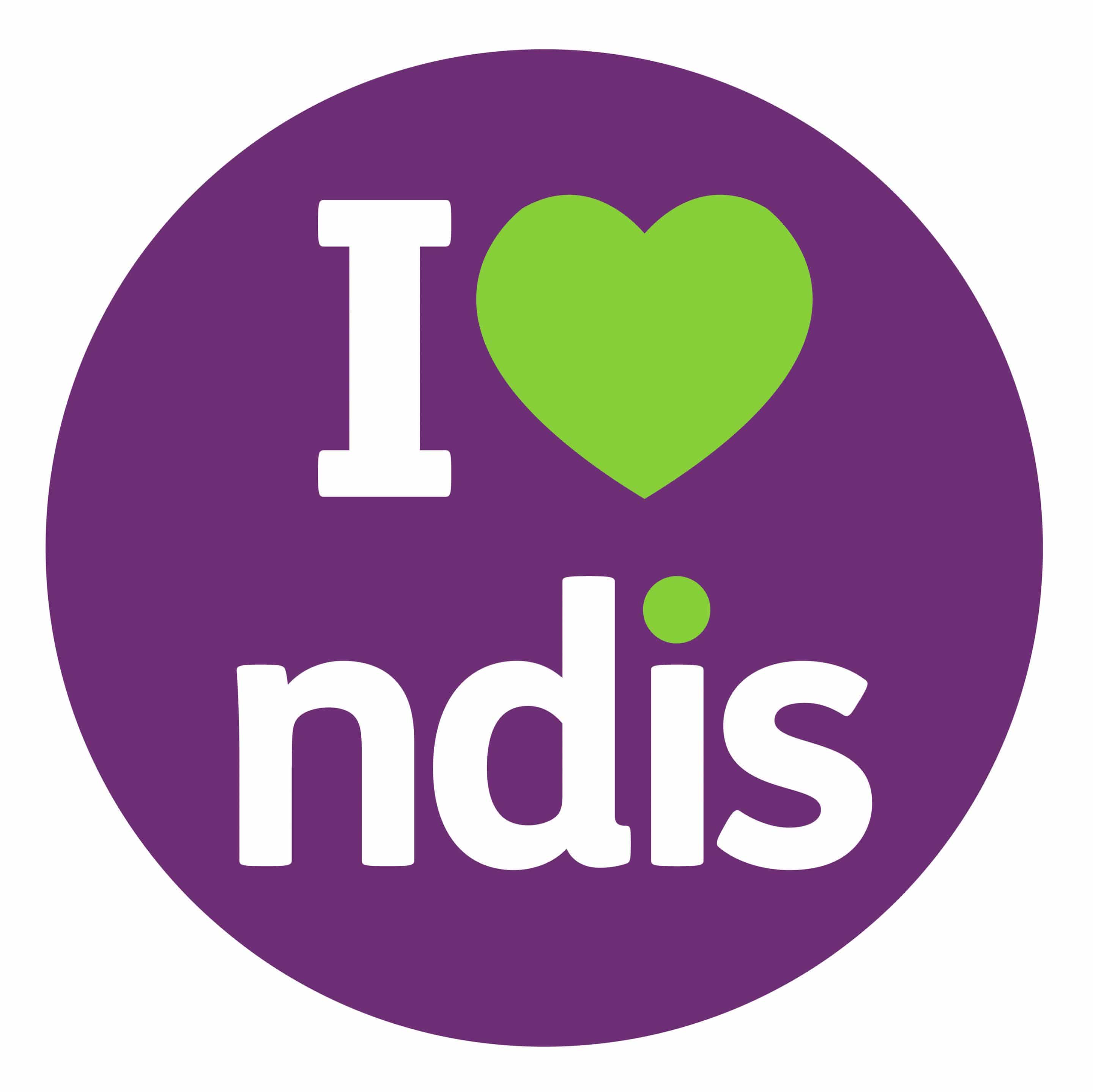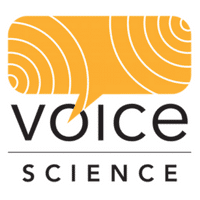NDIS Speech Pathology for Adults
How to self-advocate for your communication goalsFYI, We all communicate in a unique way
We need to talk about how you can make your sessions more empowering by self-advocating.
Our team have prepared some simple tips that you can implement starting now!
1. NDIS Speech Pathology Goals- So many options
In speech therapy, we can cover a very wide range of communication skills,
- Your pronuncition
- Social communication techniques,
- Voice projection and tone
- Choosing your words and building your expressive skills
The list goes on! Knowing what to work on can be daunting but the biggest thing that will get you through your initial consultation is knowing exactly what you want.
So get ready to our ask your Ndis Speech pathologist for some creative and impactful Ndis goals.
That could sound like this-
Thanks for showing an interest in my communication. What areas do you think I can build my strategies in?

2. Connect your NDIS Speech Pathology Goals directly to your Life!
Think about your life and all the things you need and want to do everyday (work, hobbies, socialising). Then think about what you find most challenging when communicating in these activities – this can give you a clue into what you want to work on with your speech therapist.
If you now know exactly what you want to work on, great!
Bring this knowledge to your speech therapist and explain why it is so important for you to work on this.
That could sound like this-
- At my work I want to develop some new strategies for: talking to my colleagues, speaking up clearly in online meetings, planning how to advocate for my needs so my work place supports my neuro-diversity better, and so much more!
- I avoid taking phone calls because I worry about my anxiety levels, so I need some strategies to communicate more comfortably on the telephone
- Some people are really frustrating me with how they speak to me. How can I advocate for myself better to make sure I have better influence and confidence?
It’s up to you how much info you want to provide. Our team will support you as best as we can in finding the right fit and balance for your communication goals and growth while working with us in your NDIS Speech Pathology sessions.

It’s up to you how much info you want to provide. Our team will support you as best as we can in finding the right fit and balance for your communication goals and growth while working with us in your NDIS Speech Pathology sessions.
3. Give it time!
If you’re still unsure, that’s okay – finding and setting your NDIS Speech pathology communication goals can also be a discussion between you and your speech therapist.
The most important thing is that you feel heard and included when discussing your care. If this isn’t the case, do not be afraid to voice and restate your goals. Know that you can always seek a different therapist if you feel that your therapist isn’t meeting your needs.
That could sound like this-
- I don’t really know what I want to work on so would love you to help me with a few ideas of practical communciation goals.
- Although I don’t have all the answers for what my communication needs, I think the more we work together the more clarity I’ll get.
- Do you have any ideas for how I can get some ideas to improve my speaking so that the goals feel meaningful and empowering?

Ndis Speech Therapy Service Areas
Social Communication Assessment & Therapy for Adults with Autism
- Language & speech assessments
- Communication intervention for adults with Autism
- Diagnostic Aphasia Assessment and management
- Person-centred interventions for disability
Voice Assessment & Therapy
- Diagnostic Voice assessment
- Dysarthria assessments & therapy
- Voice projection training and Voice Therapy for Parkinson’s disease
- Voice Therapy for hearing impairment
- Clear therapy resources and supports for your
Swallowing Assessment & Strategies
- Dysphagia assessment and management
- Food texture and consistency recommendations for your resident
- Mealtime swallow assessments with practical recommendations for adjustments to food and fluid consistencies
- Clear resources and strategies for your kitchen staff around appropriate textures and consistencies
NDIS Speech Pathology Social Communication Goal Ideas for Adults
- Creating small talk and conversation
- Building relationships, forming friendships & interpersonal relationships
- Uncertainty about how to behave socially &/or anxiety about how to interact with people
- Difficulties expressing or sharing your feelings or mood with the right words
- Confusion with why people think you are being inappropriate
- Uncertainty about why people misunderstand your comments & become offended or upset when you speak
- The feeling that making conversation is a total mystery or impossible
- Severe difficulties entering a group setting
- Pronounced social anxiety & lack of strategies to change your situation
- Difficulties with new environments & self-regulation
- Feedback that you are too “intense” “aggressive” “inflexible” when speaking
- Concern that people might find you creepy or weird when you don’t intend to be
- Difficulties comprehending social-emotional details
- Problems turn-taking when having conversations
- Dominating the conversation with your opinions or not leaving space for the opinion of others
- Poor non-verbal communication skills ie. body language
- Insufficient or unusual eye contact when speaking
- Poor understanding of gestures
- Lack of facial expression or understanding of the facial expression of other people
- Understanding the difference between fact/opinion & formal/informal manner when communicating
- Understanding others’ perspectives from their verbal & non-verbal communication

